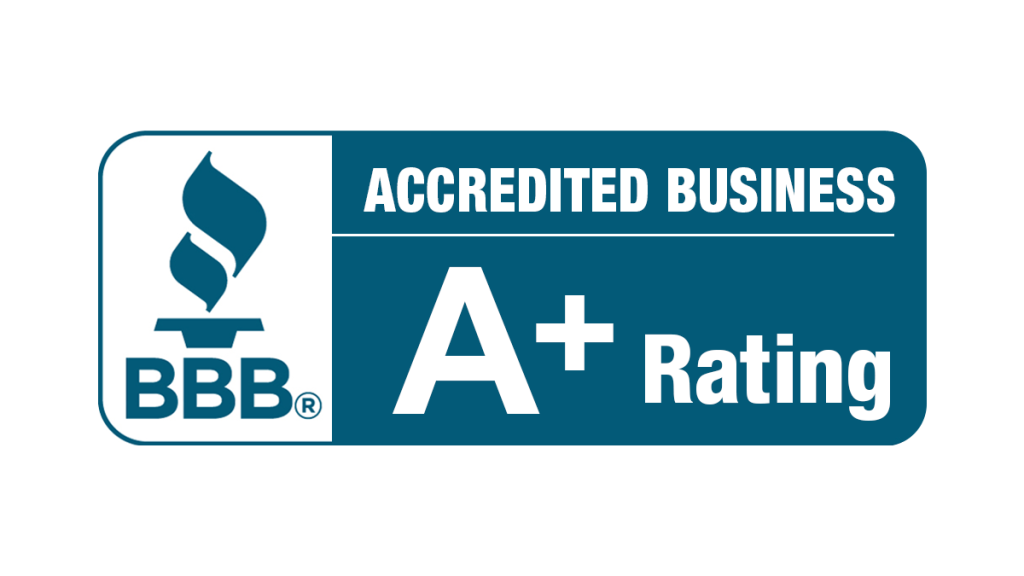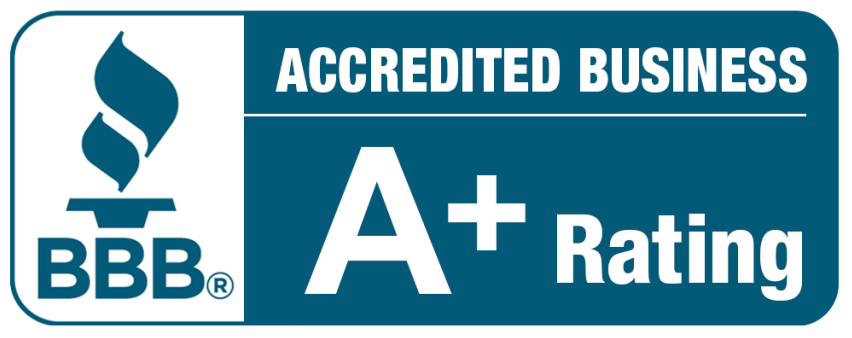
Do you long for the complete comfort of home, only to have your relaxation interrupted by the noisy operation of your air conditioning system? You’re not alone. A quiet heating and cooling system is essential for maintaining a cozy environment throughout the year. Whether it’s heating during the winter or cooling in the summer, unwanted HVAC noises can be incredibly frustrating.
At Morehart Air Conditioning and Heating, we understand how important it is to have a peaceful environment. With our guide, you’ll gain the knowledge needed to achieve a calm and serene space with a Quiet Heating and Cooling System. Here’s what you’ll learn:
- Common reasons for noise in heating and cooling systems
- Routine maintenance tips to get your current system working more silently
- Innovative solutions and newly designed tools for a quiet function
- Additional considerations for minimizing noise from your HVAC system
By following these tips and leveraging the expertise of Morehart AC and Heating, you can achieve:
- Less noise pollution and a more peaceful home environment
- A drastic improvement in overall comfort by minimizing disruptions
- Savings on energy bills with sustainable and silent equipment
Shall we get into how to create a relaxing and cozy home in the following sections?
Noise Levels and Acceptable Limits
Firstly, we will set a benchmark for an appropriate noise level before exploring solutions. According to the United States Environmental Protection Agency (EPA), the usual background noise in a quiet home is around 40 decibels (dB). The EPA also notes that long-term exposure to noise levels surpassing 65 dB can be harmful to hearing health. When selecting a quiet heating and cooling system, it’s important to consider not only the system’s efficiency but also its noise output. Fortunately, most appliances with Energy Star certification operate with a comfortable, calming hum, well within acceptable limits for noise levels.
Common Sources of Noise in Heating and Cooling Systems
A Quiet Heating and Cooling System is crucial for maintaining comfort without the distraction of unwanted noise. Several culprits can contribute to the cacophony emanating from your HVAC system. Let’s explore common noisemakers in both air conditioners and heating systems:
Air Conditioners:
- Clunking or Vibrating Sounds: These noises often indicate a missing part or an imbalanced fan blade.
- Dusty Air Filters: Obstructed airflow forces the blower motor to overwork, creating additional noise.
- Worn-Out Compressors: Vibrating or uneven noises might suggest that the compressor needs to be inspected.
Heating Systems:
- Malfunctioning Burners or Pilot Lights: These can produce irritating sounds.
- Rattling: Often a result of loosely connected ductwork or faulty heat exchangers being vibrated by the system’s normal operation.
- Dull Humming: While heating systems can emit a dull humming beat, it’s usually no cause for concern.
Ensuring your system is well-maintained can help minimize these noises and keep your heating and cooling system running quietly and efficiently.
Quieting Your Existing System: Maintenance and Optimization
The good thing about this problem is that many HVAC noise issues, particularly the ones related to improper maintenance, can be solved. With Morehart Air Conditioning and Heating’s vast knowledge of this field, we can lay this concern to rest with solutions for a Quiet Heating and Cooling System. Our professional maintenance operations are built upon a detailed examination that ensures every part is well-positioned and working as well as it should.
However, there are also DIY maintenance tips you can implement:
-
Change or clean the air filters at varied intervals based on the manufacturer’s instructions. An unclogged filter ensures that air is delivered to the heating and cooling system optimally and reduces the noise level of the blower motor.
-
Check all joints, ducts, and other components for looseness, and tighten any loosened parts.
-
To know more about lube oil quantity and the proper way to lubricate moving parts, refer to the user’s manual of your vehicle. Overlubricating is a problem of its own, so be careful.
Quieting Your Existing System: Advanced Solutions for a Quiet Heating and Cooling System
If basic maintenance doesn’t solve the noise issue, consider these advanced solutions for achieving a quieter environment:
Duct Insulation
Installing an insulation system in your air ducts helps with the dampening of noise through them. This defense is particularly beneficial in houses with exposed ductwork and contributes to a more quiet heating and cooling system.
Duct Silencers
These components, which you attach to specific locations in your ductwork, work magic in cutting noise levels. They are essential for achieving a quieter heating and cooling system by reducing disruptive sounds.
Exhaust Fan Options
Noisy exhaust fans can be sources of annoyance. Be open to technology that meets a minimum efficiency standard, and consider upgrading to quieter models to enhance the overall tranquility of your heating and cooling system.
Quiet Heating and Cooling System: Quieting Your System for the Long Term
Upgrading to a new HVAC system can be a game-changer for noise reduction. Here’s why considering new products, such as a Quiet Heating and Cooling System, might be the ultimate solution:
- Energy Star-rated systems: When shopping for a new system, prioritize Energy Star-certified models. Not only are they energy-efficient, but they also tend to operate at significantly lower noise levels compared to older systems. This makes them a great choice for those looking for a Quiet Heating and Cooling System.
- New technologies for noise reduction: Advancements in HVAC technology are constantly evolving. Look for features like variable-speed blower motors and improved compressor designs, both known for quieter operation. These innovations contribute to a more peaceful environment, making your Quiet Heating and Cooling System even more effective.
- Energy fact sheets: Most manufacturers provide energy fact sheets that detail a system’s efficiency rating and noise output. Utilize these resources to compare different models and find the quietest option for your needs. Here at Morehart AC and Heating, our knowledgeable staff can guide you through interpreting these specifications and selecting the perfect Quiet Heating and Cooling System for your home.
Additional Considerations for Noise Reduction with a Quiet Heating and Cooling System
Beyond the HVAC system itself, consider these factors that can contribute to overall noise reduction:
-
Placement of the Outdoor Unit
During installation, ensure the outdoor unit of your Quiet Heating and Cooling System is positioned thoughtfully to minimize noise disruption for neighboring areas and common living spaces. -
Sound Barriers (Optional)
Sound barriers placed strategically around the outdoor unit can offer some noise reduction. However, we advise caution to ensure proper airflow is not restricted, as this could affect the efficiency of your Quiet Heating and Cooling System. -
Proper Home Insulation
Investing in good home insulation reduces the workload on your HVAC system, leading to quieter operation as the system doesn’t have to work as hard to maintain your desired temperature.
Create a Quieter Home Today
By following these tips and leveraging the expertise of Morehart AC and Heating, you can achieve a quieter and more comfortable home environment with a Quiet Heating and Cooling System. Remember, a well-maintained system operating efficiently is not only less noisy but also saves you money on energy usage.
If you’re ready to create a peaceful haven in your home, contact Morehart AC and Heating today for a free consultation! Our experienced technicians will assess your specific needs and recommend solutions to achieve the quiet and efficient HVAC system you deserve.
Frequently Asked Questions
A quiet HVAC system helps maintain a serene and comfortable home environment, free from the disruptions caused by noisy equipment. It improves overall comfort and reduces stress associated with unwanted noise.
According to the EPA, a quiet home environment has background noise of around 40 decibels (dB). Long-term exposure to noise levels above 65 dB can be harmful. Most Energy Star-certified HVAC systems operate within these acceptable noise limits.
- Air Conditioners: Common sources include clunking or vibrating sounds due to missing parts or imbalanced fan blades, dusty air filters causing blower motor noise, and worn-out compressors.
- Heating Systems: Typical noise sources include malfunctioning burners or pilot lights, rattling from loose ductwork or faulty heat exchangers, and a dull humming sound.
- Routine Maintenance: Regularly change or clean air filters, tighten loose components, and follow proper lubrication practices.
- Advanced Solutions: Consider installing duct insulation or duct silencers, and upgrading to quieter exhaust fans.
Duct silencers are components installed in ductwork to reduce noise levels. They help achieve a quieter HVAC system by minimizing disruptive sounds traveling through the ducts.




